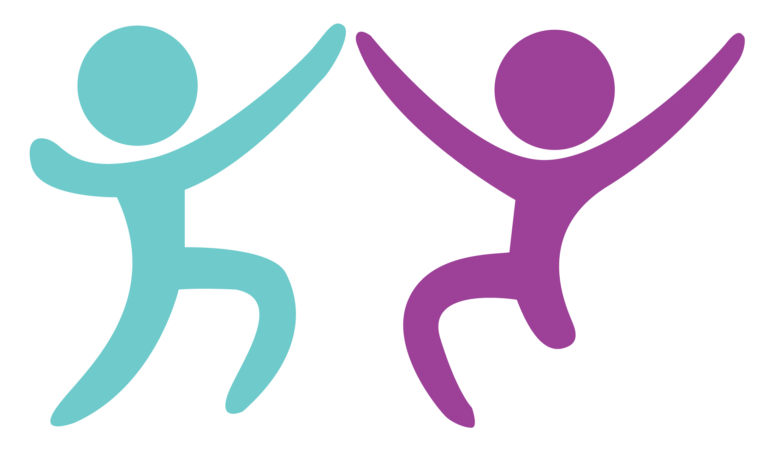
Frequently Asked Questions
There’s life after amputation!
Here are some frequently asked questions from amputees, and people considering amputation, answered by Paula, an amputee, peer visitor and the founder of Power On With Limb Loss.
The first advice she gives a new amputee or anyone considering amputation:
Patience is very important with the amputee and with the family members or support people.
Establish a good support group. Including family and friends, you’ll need lots of help.
Be careful. Take your time with everything you do in order to avoid hurting yourself .
Have some one help you when showering.
Milk your situation! ASK FOR HELP, your loved ones want to help you!!!
We get a lot of questions about phantom pain. What is it?
Phantom pain is a real sensation, originating in the spinal cord and brain. There is medication you can take to help with the pain, many people experience phantom pain at first, while others experience some for the rest of their lives. I personally don’t like the medications because they made me feel loopy.
I use essential oils, they help a little. About twice a year it gets really bad so I will see a Chiropractor. Physical fitness, exercise, and good eating habits helps. And yes, you can too! Finding things you like to do to stay busy are very helpful as well. Things like reading, crafts, knitting, learning new hobbies, get outdoors.
How do I get into the shower?
There are Occupational Therapists that will come to the house and suggest what will help and best keep you safe. A shower chair is a must! As a double certified peer visitor, I am not allowed to go to someone’s house but they can take pictures and together we can figure it out.
How do you go to the bathroom in the middle of the night?
Keeping yourself safe is very important, especially when it is dark, you’re half awake and you really have got to go! So I personally have a potty chair next to my bed. Yes I know, not very sexy but much more convenient.
Depression?
Having a strong support system really helps. Make sure you are opening up and talking to someone. Staying busy, having a hobby, keeping a journal with goals and happy thoughts, mind tools, affirmations, exercising with someone, are all very good tools with dealing with depression.
There is a program called PALS, Promoting Amputee Life Skill’s. Its focus is to help you develop skills to improve your quality of life.
You identify the problem.
Set goals to solve the problem.
Be specific, make it measurable, and be realistic.
One of my most helpful affirmations is acknowledging the good that you already have in life is the foundation for all abundance!!
Do you have more questions?
I would love to answer any and all of your questions!
